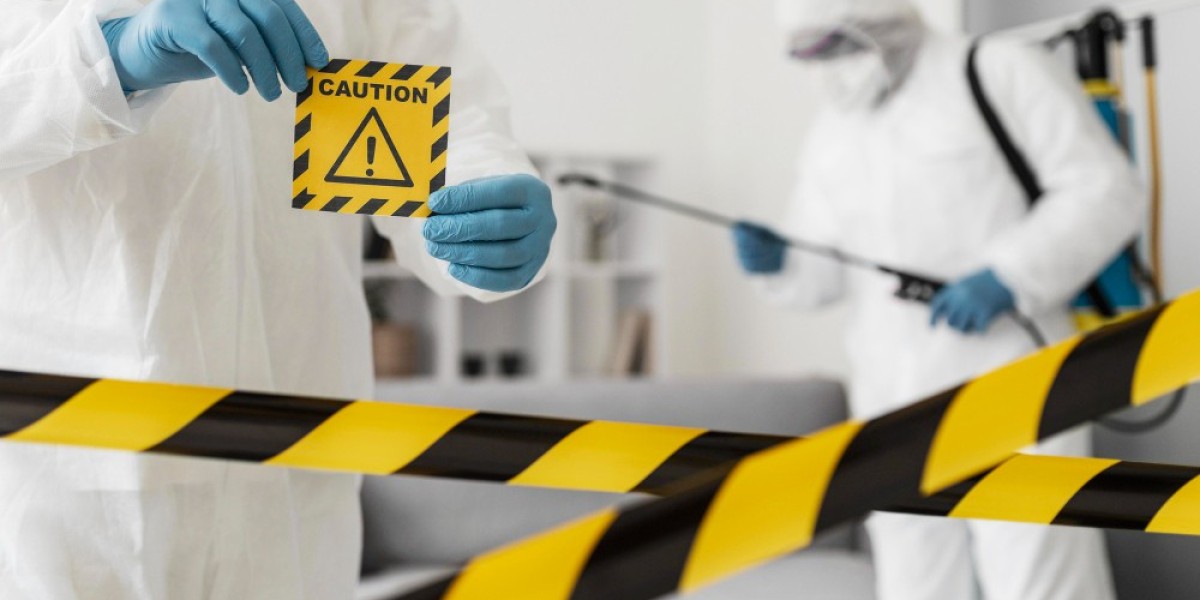Asbestos, once widely used in construction materials for its fire-resistant and insulating properties, is now recognized as a significant health hazard. Exposure to asbestos fibers can lead to severe respiratory illnesses, including lung cancer and mesothelioma. Therefore, it's crucial for property owners to be aware of the signs indicating the need for asbestos testing to ensure the safety of occupants.
What is asbestos?
Asbestos is a naturally occurring mineral fiber that was commonly used in building materials such as insulation, roofing, flooring, and pipes due to its durability and heat resistance.
Importance of asbestos testing
Asbestos testing is essential to identify the presence of asbestos-containing materials (ACMs) in buildings. It helps assess the risk of exposure and determines the appropriate management or removal measures.
Common Signs Indicating the Need for Asbestos Testing
Presence of asbestos-containing materials (ACMs)
Older buildings constructed before the 1980s are more likely to contain asbestos. If your property has materials such as insulation, vinyl flooring, or textured ceilings installed before this period, it's advisable to conduct asbestos testing.
Age of the building
The age of the building is a significant factor in determining the likelihood of asbestos-containing materials. Properties built before the 1980s are at higher risk, as asbestos was commonly used in construction during that time.
Renovation or demolition plans
If you're planning to renovate or demolish a property, it's crucial to conduct asbestos testing beforehand. Disturbing asbestos-containing materials during construction activities can release harmful fibers into the air, posing a risk to workers and occupants.
Health Risks Associated with Asbestos Exposure
Respiratory issues
Exposure to asbestos fibers can lead to respiratory problems such as coughing, shortness of breath, and chest pain. Prolonged exposure increases the risk of developing serious lung conditions.
Asbestosis
Asbestosis is a chronic lung disease caused by the inhalation of asbestos fibers. It results in scarring of the lung tissue, leading to difficulty breathing and reduced lung function.
Mesothelioma
Mesothelioma is a rare but aggressive form of cancer that affects the lining of the lungs, abdomen, or heart. It is primarily caused by exposure to asbestos and has a poor prognosis.
Legal Requirements for Asbestos Testing
Regulations governing asbestos testing
Many countries have strict regulations governing asbestos management and testing to protect public health. Property owners may be legally obligated to conduct asbestos assessments, especially before renovation or demolition projects.
Responsibilities of property owners
Property owners have a duty of care to ensure the safety of occupants and workers by identifying and managing asbestos-containing materials. Failure to comply with legal requirements can result in penalties and liabilities.
DIY Testing vs. Professional Testing
Pros and cons of DIY testing kits
DIY asbestos testing kits are available for purchase, allowing property owners to collect samples themselves. While these kits offer convenience and cost savings, they may not provide accurate results, and improper handling could pose health risks.
Benefits of hiring professional asbestos testing services
Professional asbestos testing services have the expertise and equipment to conduct thorough testing and analysis. They can accurately identify asbestos-containing materials, assess the risk of exposure, and recommend appropriate management or removal measures.
Steps Involved in Asbestos Testing
Visual inspection
A visual inspection involves identifying potential asbestos-containing materials based on their appearance, age, and location within the property.
Sampling and analysis
Samples of suspected materials are collected and sent to accredited laboratories for analysis. Specialized techniques such as polarized light microscopy (PLM) or transmission electron microscopy (TEM) are used to detect asbestos fibers.
Reporting and recommendations
Once the analysis is complete, the results are compiled into a comprehensive report detailing the presence of asbestos, the extent of contamination, and recommendations for management or removal.
Cost of Asbestos Testing
Factors influencing the cost
The cost of asbestos testing varies depending on factors such as the size of the property, the number of samples required, and the complexity of the analysis.
Importance of obtaining multiple quotes
It's advisable to obtain multiple quotes from accredited asbestos testing companies to ensure competitive pricing and quality service. However, price should not be the sole determining factor, as the expertise and reputation of the inspector are equally important.
Conclusion
Asbestos testing is a crucial step in ensuring the safety of occupants and workers in buildings constructed before the 1980s. By identifying and managing asbestos-containing materials, property owners can mitigate the risk of exposure and prevent serious health complications.



